“Teaching Success with 1st Gen Students”
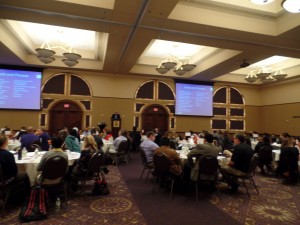 Did you know that over 40% of K-State student population are 1st Gen? In addition, an amazing number of our K-State faculty are also 1st Gen?
Did you know that over 40% of K-State student population are 1st Gen? In addition, an amazing number of our K-State faculty are also 1st Gen?
“Teaching Success with 1st Gen Students” event was a remarkable one. Our hearts were deeply moved by Judge Tommy Webb, our Luncheon Speaker, when he shared his life story. As well as we observed some interesting videos about K-State faculty who are 1st Gen. And mainly we got valuable information from Dr. Lee Ward, who was the keynote Speaker, about first generation college students and research done about it. Here I share part of his presentation.
First Generation Students in the Headlines
Chronicle of Higher Education
First Generation Students are Pioneers, Not Problems
Helping First Generation Students Straddle Two Cultures
Separate Dorms for First Generation Students?
The Biggest Obstacles for First Generation Students
First Generation Latino Students in Crisis
Defining First Generation Student
- A student for whom neither parent obtained a bachelor’s degree (TRIO definition)
- A student for whom neither parent attended college (Suder Foundation definition)
Transition into College
Preparation for College
- Lower educational aspirations
- Lower career aspirations
- Fewer honors, dual enrollment and AP courses in high school
- Lower high school GPA
- Lower SAT and ACT scores
- Fewer college visits and apps
Cultural Capital and FGS
- The social value that a student derives from his or her parents
- The language, norms and directions that parents pass on to their children regarding college
- Cultural capital is always different, never more or less
- Educational and social disadvantage comes from difference, not amount
Transition through College
Academic and Social Integration
- Less likely to study in groups or connect with peers outside class
- Less likely to connect with faculty outside class
- More likely to delay entering and interrupt enrollment
- Most work, and work more than other students, while in college
- Fewer study in arts, humanities, education, and social sciences
- Fewer live on campus in their first year
Engagement
- Lower participation in student organizations, recreation, learning communities, study abroad, honor programs, internships, community service…but
- High impact practices have a compensatory effect
Transition Out of College
- Attrition rates are higher
- FGS leave with higher debt
- FGS leave into continuing family responsibilities that other graduates generally do not have
- Becoming Straddlers
The Role of “The Faculty”
“The key to increasing student learning and success
is not for faculty to teach more or better,
but for all of us to create conditions that motivate and
inspire students to devote time and energy to
educationally-purposeful activities, both in and out of class.”
The Student Learning Imperative, 1994



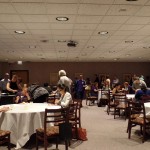

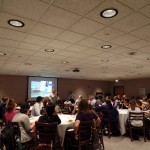
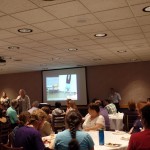
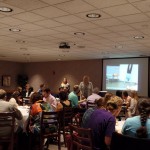
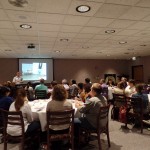
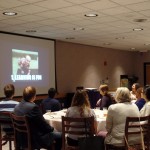
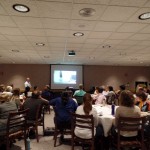
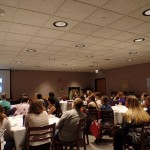
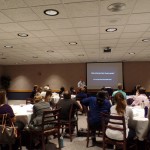
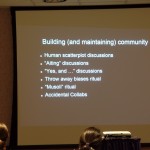




















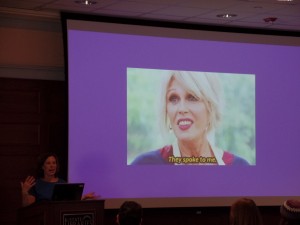
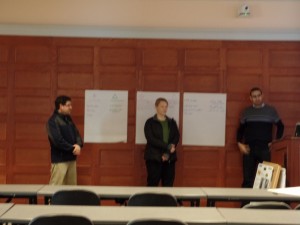
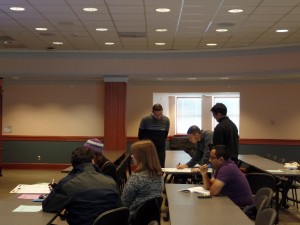
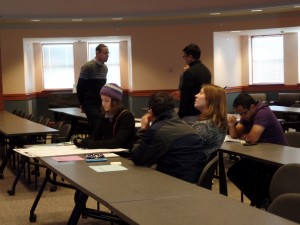
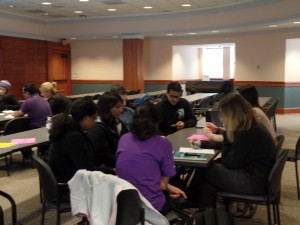
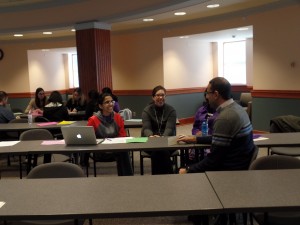
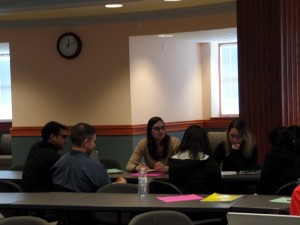
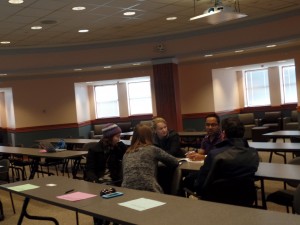
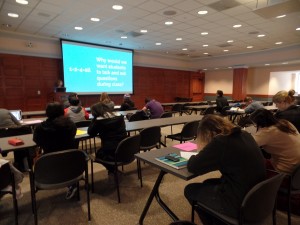
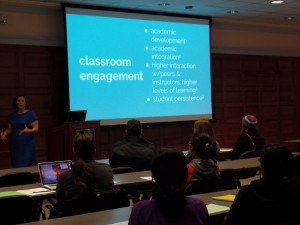

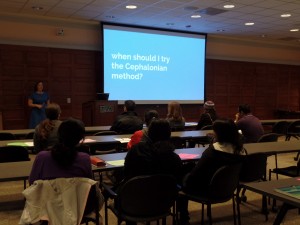
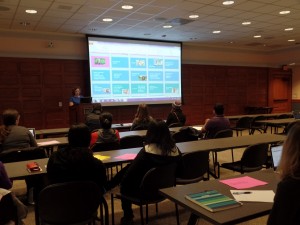
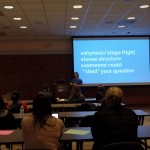

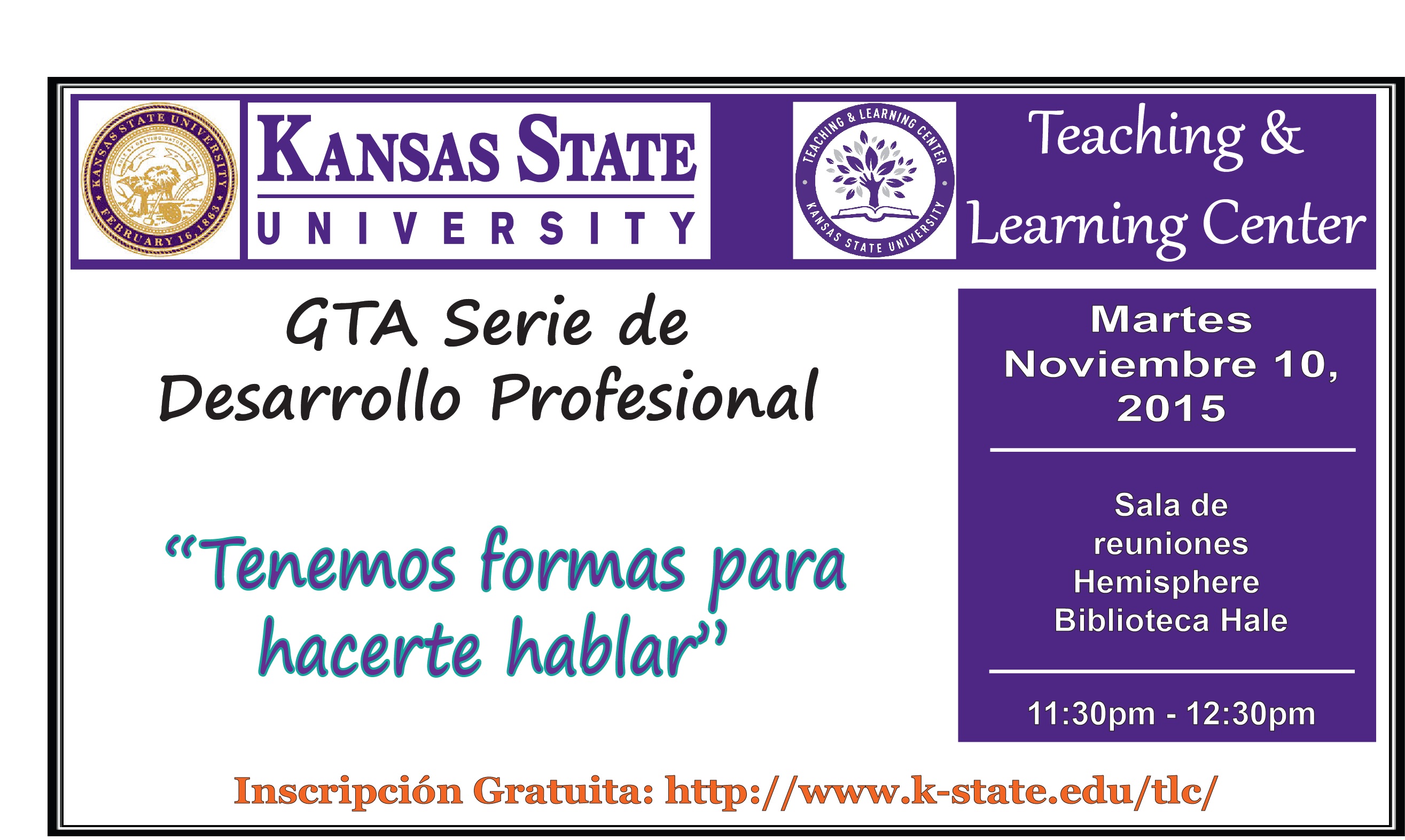

Recent Comments